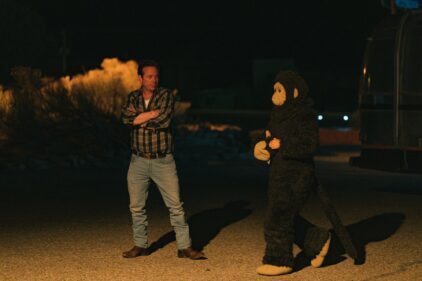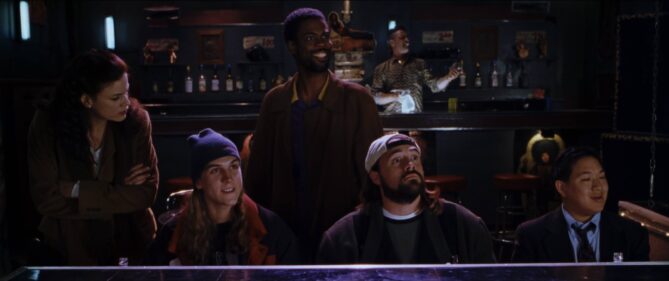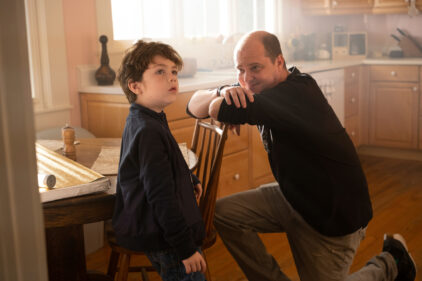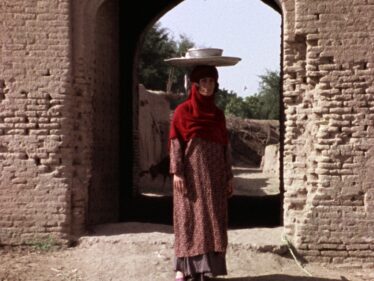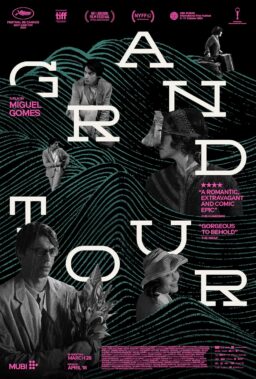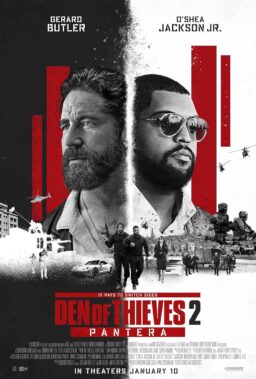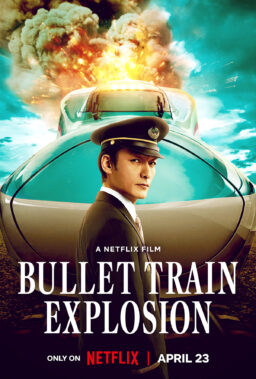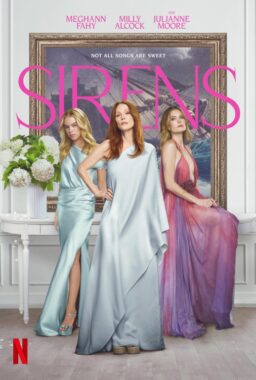One of the side effects of being Walt Disney’s nephew is that you are constantly being asked for the name of your favorite Disney movie.
“God knows I’ve been asked a lot,” Roy E. Disney was telling me. “I always say, ‘Fantasia.’ I put ‘Snow White’ second because I think it’s another kind of a miracle. But ‘Fantasia’ to me was like a box of chocolates, if you’ll forgive the Gump analogy. There’s a lot of flavors in there and you can kinda pick and choose.”
That was both the glory and the problem with “Fantasia,” which was a flop on its first box-office release in 1940. Audiences who had cheered Disney’s first two feature-length cartoons, “Snow White and the Seven Dwarfs” and “Pinocchio,” were dubious about a selection of classical standards, matched up to animation that ranged from Mickey Mouse to near-abstraction.
Walt originally thought of “Fantasia” as a work in progress, Roy said; the plan was that from time to time new music would be added, and older segments put in storage. One day Roy’s father, Roy O. Disney, even came home from work with the latest bright idea: “Walt’s gonna do the ‘Flight of the Bumblebee,’ and he’s gonna fly the bee all the way around the room in stereo.”
With the 1940 box office disappointment, all such plans were put on hold – even after the 1957 re-release finally put the movie in the black, an achievement that greatly cheered Disney, who died in 1966. The movie was re-released again in 1968, Roy said, “and then we restored the film pretty thoroughly at the end of the 1980s and released it theatrically, and then on video in 1991. The 1968 release was the famous psychedelic one. For ‘Fantasia’ and ‘2001,’ everybody had to go sit in the front row and smoke a joint, and it was – wow, what were they smoking when they made that movie?”
Now Roy, the kingpin of Disney animation, has dusted off the old vision and produced “Fantasia 2000,” which is entirely new except for everyone’s favorite segment from the original, Mickey Mouse in ‘The Sorcerer’s Apprentice.’
The movie’s premiere screenings in North America are all in the giant-screen IMAX process, with its banks of surround-sound speakers (it opens Saturday at the Navy Pier IMAX theater). That would have pleased Walt, whose original film pioneered movie stereo: “There was this enormous stereo system named Fantasound,” Roy said, “that he insisted be installed in the theaters, with speakers everywhere, very expensive, and only good for this one movie. A lot of theater owners said they’d never ever install it, and Walt wouldn’t let ’em run it if they didn’t.”
Disney was visiting Chicago for the opening night of another studio endeavor, the rock opera “Aida,” by Elton John and Tim Rice, which is in a pre-Broadway run at the Cadillac Palace. We had coffee in his suite at the Four Seasons. In person he looks a lot like his Uncle Walt, right down to the mustache, and his speaking style is folksy and direct. He sounds more like your own uncle than a high-powered Hollywood executive. He said he was as surprised as anyone that “Fantasia 2000” has turned out to be a film for the changing of the millennium. “When we started this thing pretty near 10 years ago, we had no idea it would all come together for the year 2000. The idea for a new ‘Fantasia’ became viable when the video came out in 1991 and it sold 20 million copies around the world. I went back to Michael Eisner and said, hey, you know, we can actually afford to make the new one now, off the profits on the video. The first notion I had was to carry out Walt’s original vision – take the old film, stick in some new pieces, and call it a semi-new movie. But as we started making new stuff, we began to realize that the pieces didn’t always go together. The 60-year-old film has a pace that’s more leisurely than we would use in a film made today, and the technology of the new pieces looked and sounded a lot better. Gradually we realized we had to make a new movie. We kept ‘The Sorcerer’s Apprentice,’ partly as an homage to the original and partly just because it’s still as much fun as when it was new.”
Of course Mickey’s sequence was originally shot for 35mm, and had to be blown up for IMAX, which offers a much higher resolution. “IMAX has a thing they call defocusing, degraining,” he said, “where they actually throw it a little bit out of focus and it sort of makes the grain dissolve a little bit so it looks better. It’s amazing how the music sounds, too, since it’s been through God knows how many iterations with how many restorers. It swoops around the room on you a few times with that weird stereo they did, but it’s amazingly good.”
You had the whole world of classical music to choose from in making “Fantasia 2000,” I said. Who decided what to use?
“I was certainly the instigator and I added right from the beginning the ‘Pines of Rome’ and the Shostakovich piano concerto. Joe Grant, who worked on the original ‘Fantasia,’ was still with us in 1992 and brought both the ‘Carnival of the Animals’ piece and the idea of the flamingo turning into a yo-yo. Michael Eisner called one day after attending the graduation of one of his kids, and said ‘Pomp and Circumstance’ was a must.”
And who in the Disney stable has more pomp than Donald Duck?
“It’s a kind of a complement to Mickey in the ‘Sorcerer’s Apprentice’ to let Donald Duck into this film,” Roy said, smiling. “And this is really the old Donald, the guy that loses his cool. It’s great when that elephant tromps on him. So that was a lot of fun.
“Our hardest music search probably was for a finale that had the same emotional impact as the original film’s combination of ‘Night on Bald Mountain’ and ‘Ave Maria.’ We considered Beethoven’s 9th and the Hallelujah Chorus, and finally we settled on Stravinsky’s ‘Firebird.’ I had an idea for the images. I’d driven by Mount St. Helens not too long after the eruption up there, and I carried that image with me for a long time. And I thought, if I could put a camera up here for the next thousand years and watch what happens to this place, and time-lapse it in five minutes – and that was our finale.”

